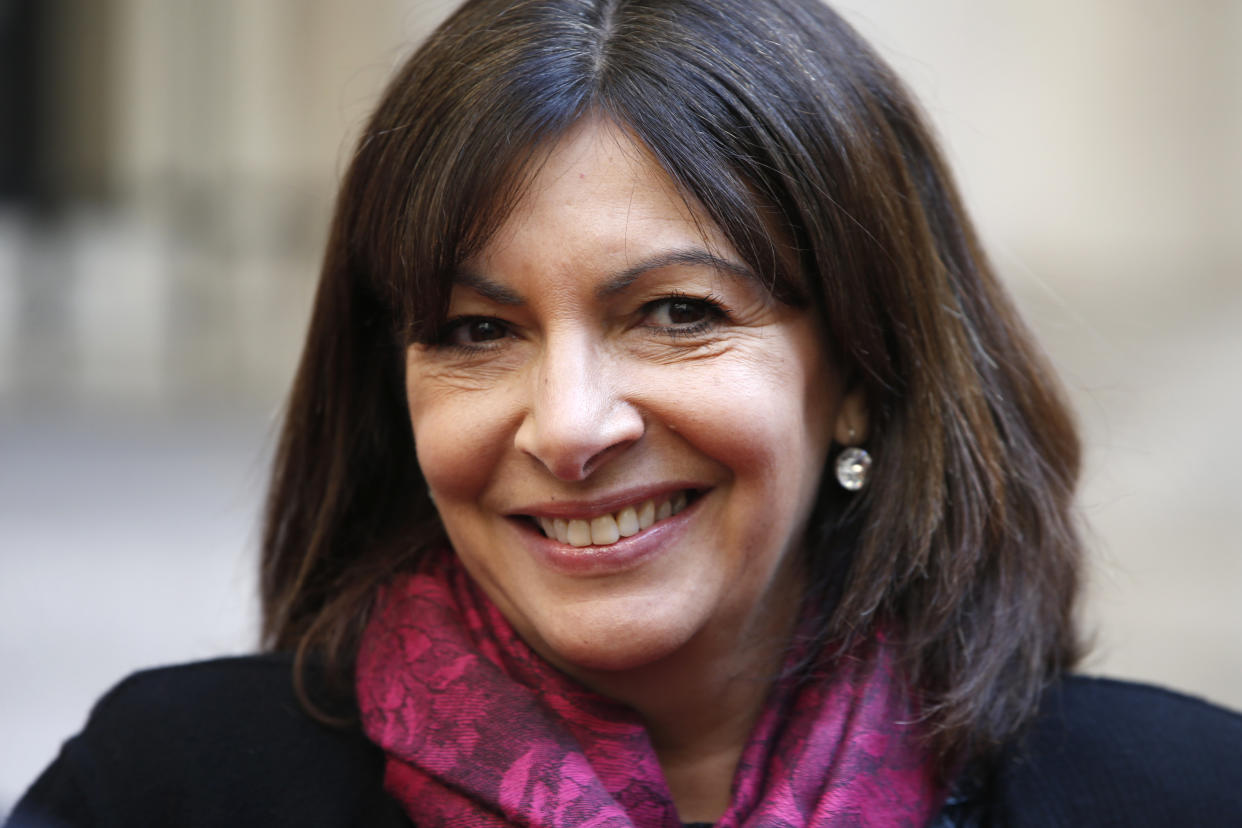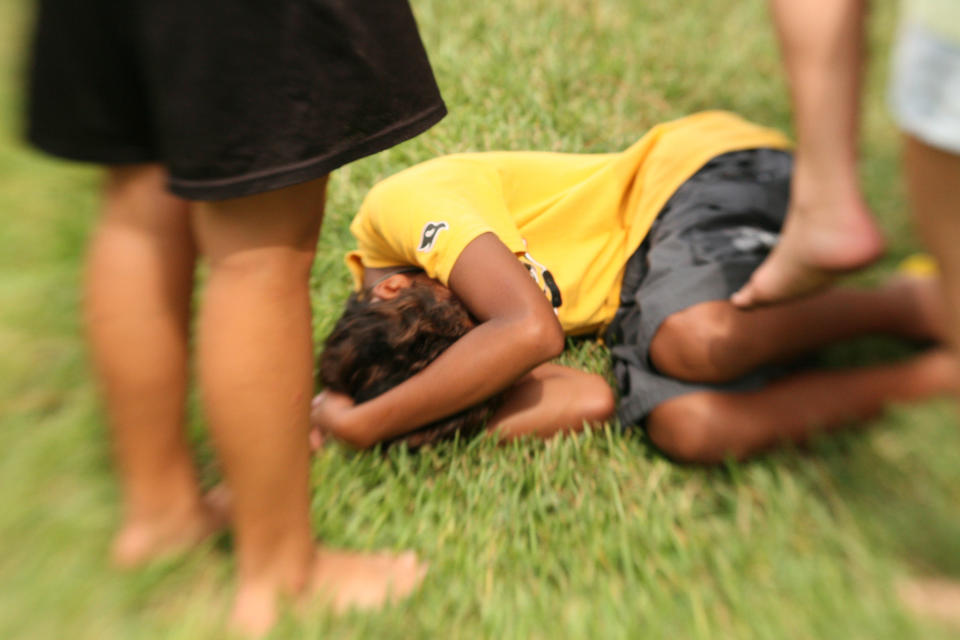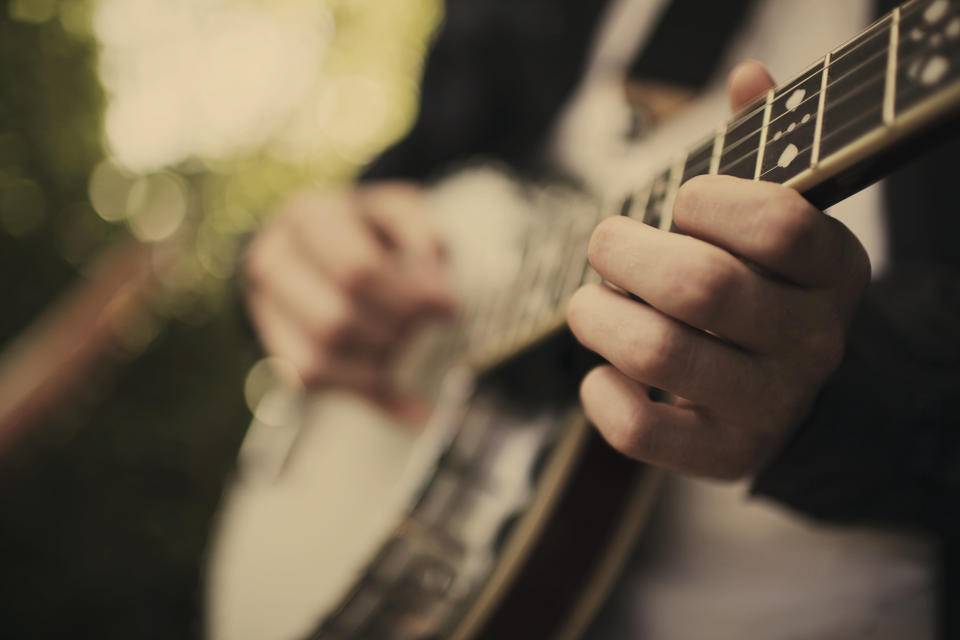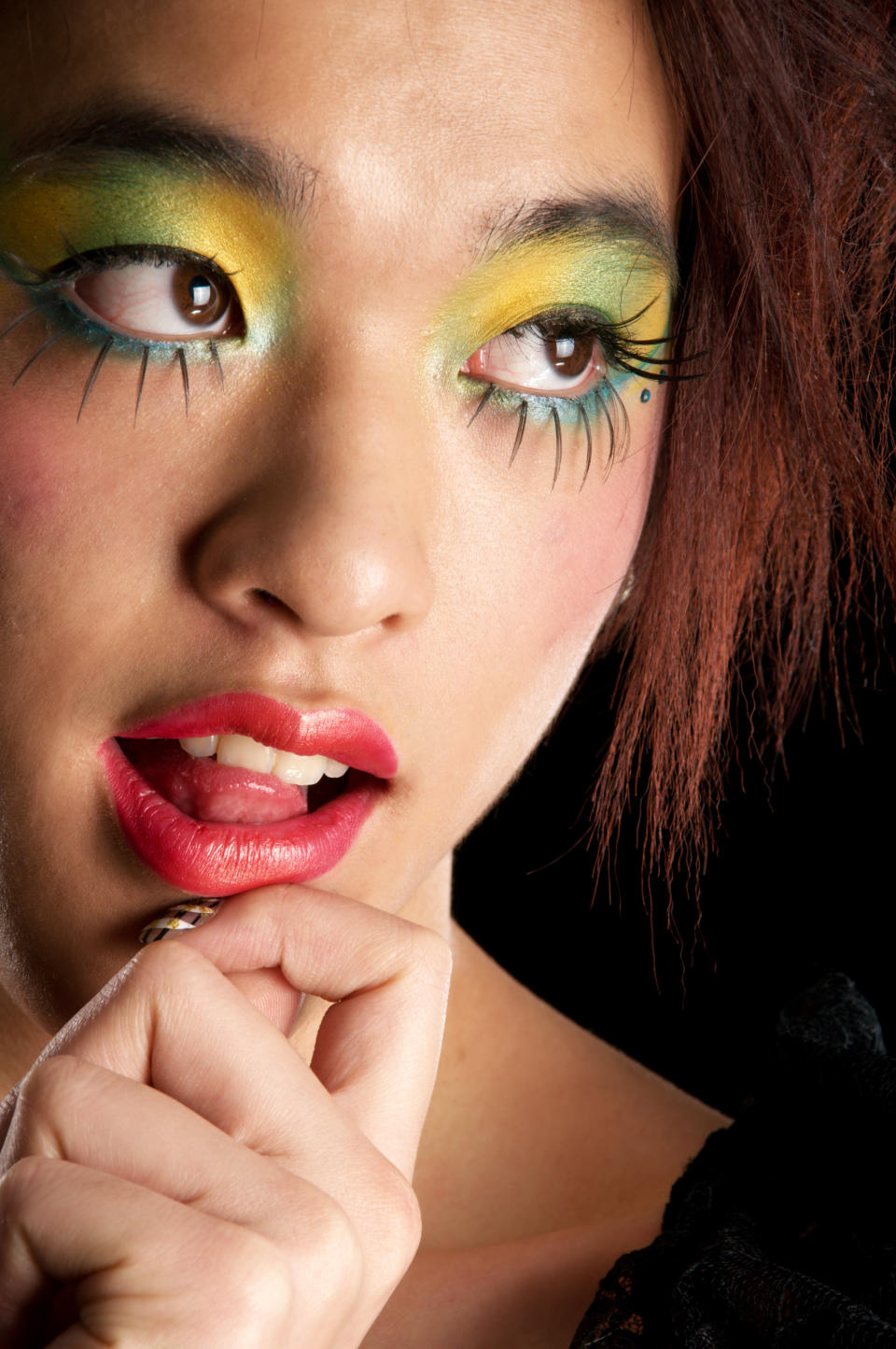Afro-Feminist Festival Organizers Call Out Paris Mayor For Accusing Them Of Racism

A black feminist festival slated to begin on July 28 in Paris has already been subject to scrutiny and an attempt to be cancelled by the city’s mayor.
The Nyansapo Festival ― organized by the Mwasi Collective, an Afro-feminist group ― aims to be a safe space for black feminists to curate sociopolitical strategies to overcome marginalization and oppression. But the event ruffled feathers, with far-right and anti-racism organizations calling foul after it came out that most of the event’s activities would occur in racially exclusive spaces.
According to the event’s website, 80 percent of the activities at the festival will be reserved for black women; another will be dedicated to all black people, while a third component will be for all women of color. The last segment will be “open to all” races and genders.
TeleSur reports the outcry began when organizations such as the far-right National Front Party and anti-racism groups like The International League Against Racism and Anti-Semitism (LICRA) discovered the festival’s intention to only reserve one of its activities for all races. On Friday, LICRA tweeted that “Rosa Parks would be turning in her grave,” if she knew of the Nyansapo organizers’ decision to give black women a safe space to share in their experiences with marginalization.
Needless to say, when Paris mayor Anne Hidalgo learned that white people would only be encouraged to attend a small percentage of the event’s activities, she attempted to halt the festival by calling police officials.
A translated tweet from the mayor on Sunday revealed she took issue with the festival being “forbidden to whites” and that she would even consider prosecuting the event organizers for discrimination.
Je condamne avec fermeté l'organisation à #Paris de cet événement "interdit aux blancs". https://t.co/DKJmdPry5v
— Anne Hidalgo (@Anne_Hidalgo) May 28, 2017
But, after what she claimed to be a “firm” discussion with the Mwasi Collective, on Monday, the mayor said a “clear solution” was reached.
Yet, TIME cites social media backlash condemning the mayor’s earlier tweets about the festival, as one of the reasons she retracted her stance.
Le festival organisé dans un lieu public sera ouvert à tous. Des ateliers non-mixtes se tiendront ailleurs, dans un cadre strictement privé.
— Anne Hidalgo (@Anne_Hidalgo) May 29, 2017
Everyone in France had a laugh at her at #Suiteàmoninterventionferme.@MwasiCollectif had always planned black-only part in private only.
— InteGritty (@lnteGritty) May 29, 2017
“The festival organized in a public place will be open to all. Non-mixed workshops will be held elsewhere, in a strictly private setting,” reads a translated version of one of Hidalgo’s tweets on Monday.
Bu according to the Mwasi Collective, the set-up didn’t change as a result of a conversation with Hidalgo; they’d already intended for the “non-mixed” workshops to take place on private property.
“After lying about the Afro-feminist festival ‘banning whites,’ [the] Mayor of Paris lied again, claiming she forced us to change the event,” a representative for the Mwasi Collective said in a statement sent to HuffPost. “We already planned to hold workshops for black women in a private space ― [the] mayor falsely [took] credit for our plan.”
When so-called "solution" was @MwasiCollectif 's plan all along. #suiteàmoninterventionferme #WhiteFeminism pic.twitter.com/G9ET4BTbNX
— #BlackLivesMatterUK (@ukblm) May 29, 2017
So, as of now, the Nyansapo Festival will go on as initially planned, and white fragility seemingly remains alive and well in the City of Lights.
Love HuffPost? Become a founding member of HuffPost Plus today.
Also on HuffPost
Bullying

Cyberbullying

Stock Answer To 'What Are You?'

Real Answer To 'What Are You?'

A Friend To Confide In

If You Can't Speak, Write

Let Your Identity Be An Open Question

Embrace The Chameleon

Don't Be Afraid To Abandon The Labels Altogether

Get Involved In Life

Be Proud Of Who You Are

Have A Ready Defense Against The Identity Police

This article originally appeared on HuffPost.

